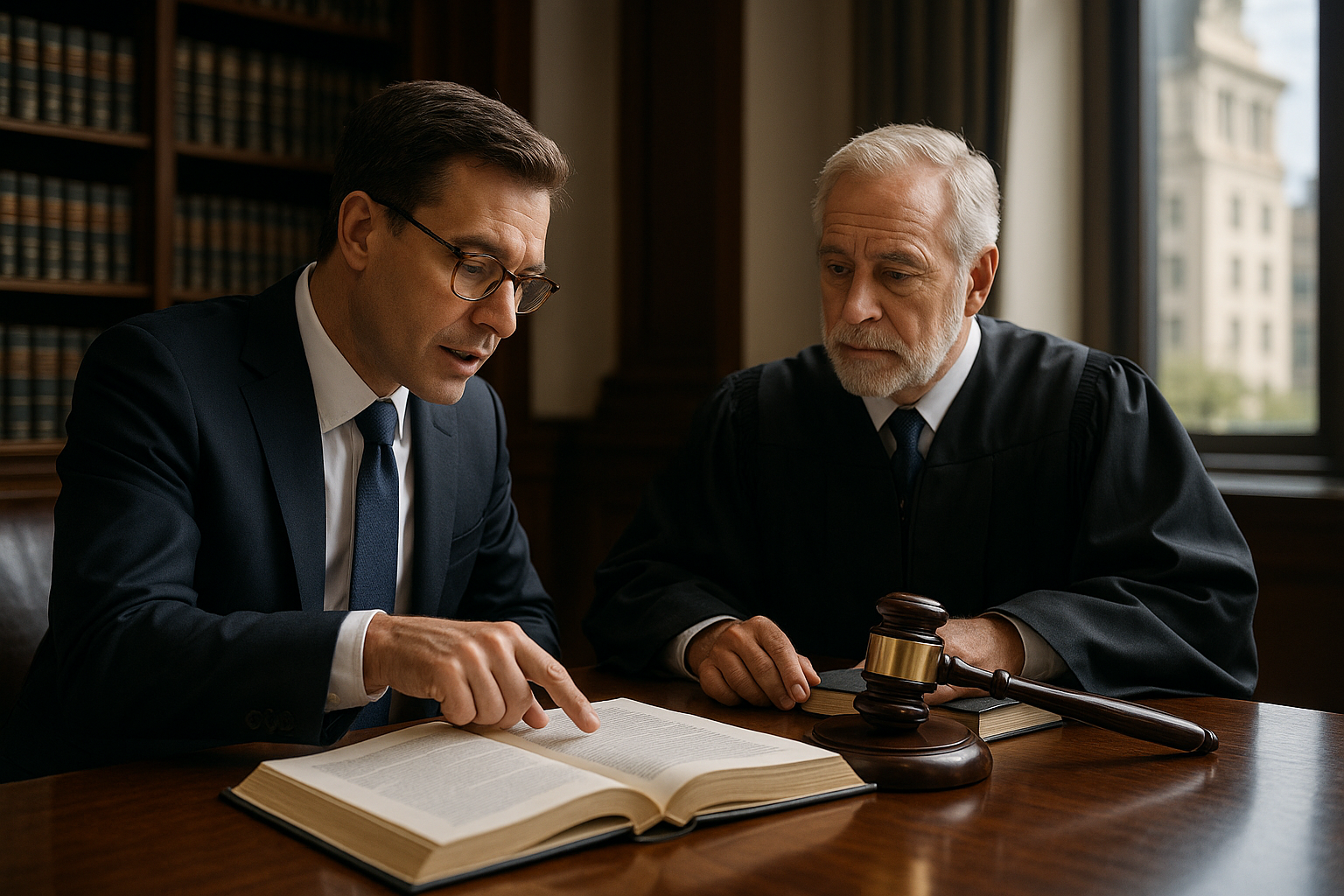"Decoding the Doctrine of Precedent in the Legal Landscape"
The doctrine of precedent is a fundamental pillar of law, yet many citizens are not aware of how it shapes our legal system and its impact on their lives. This article delves into the intriguing world of legal precedent, tracing its historical roots, discussing recent developments, and examining its societal implications.

A Historical Perspective on the Doctrine of Precedent
The doctrine of precedent, also known as ‘stare decisis,’ is a legal principle that obliges courts to follow historical cases when making a ruling on a similar case. The concept originated in England during the 12th century and was later adopted by numerous other jurisdictions, including the United States. It provides stability and predictability in the legal system, assuring that similar cases will be treated alike.
The Mechanics of Precedent
Understanding how precedent works is essential. When a court decides a case, its decision serves as a precedent for future cases with identical or similar issues. However, a court is not bound by precedent if it can be distinguished on a significant factual difference. Importantly, only decisions from higher courts bind lower courts within the same jurisdiction.
Recent Developments in Precedent
In recent years, several high-profile cases have spurred discussions on the role and application of precedent. These cases have prompted some legal experts to question whether the doctrine of precedent inhibits legal evolution and adaptation to changing societal values.
Precedent and Society: Implications and Impact
The application of precedent has far-reaching effects on society. In fields like civil rights, environmental law, and patent law, precedents set by landmark cases have significantly shaped societal norms and expectations. They provide a roadmap for how similar future cases will likely be decided, thus affecting individuals, businesses, and government entities alike.
The Future of Precedent
As our society continues to evolve, the doctrine of precedent faces new challenges. There is growing debate about the balance between respecting past decisions and allowing for legal adaptation to societal changes. The future of precedent will likely involve a continuous process of refining this balance to ensure justice, stability, and progress in our legal system.
Through understanding the doctrine of precedent, citizens can better comprehend the rationale behind court decisions and the potential impact on their lives. As society progresses, the doctrine of precedent will continue to play a pivotal role in our legal system, shaping not just the law, but society itself.




